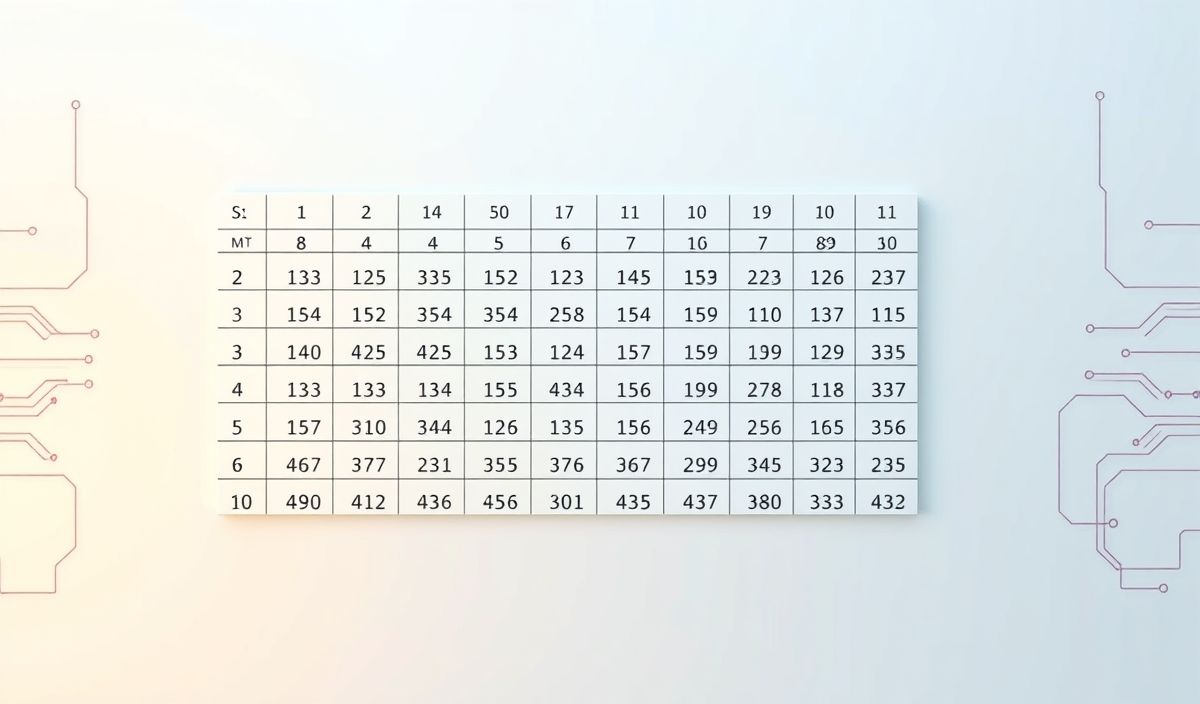Understanding and Using Invariant in Programming
Invariants are conditions or properties that remain unchanged while a system or program executes. These are integral in ensuring the consistency and correctness of various computational processes, especially in iterative algorithms, maintaining system stability, and defining correct software behavior.
API Examples and Usage of Invariants
Below are several examples of how to use invariants in various scenarios:
1. Basic Invariant in a Loop
def check_invariant(lst):
invariant = all(x >= 0 for x in lst)
assert invariant, "All elements must be non-negative"
for i in range(len(lst)):
lst[i] = lst[i] * 2
return lst
2. Class Invariant
class BankAccount:
def __init__(self, balance):
self.balance = balance
self._check_invariant()
def _check_invariant(self):
assert self.balance >= 0, "Balance cannot be negative"
def deposit(self, amount):
self.balance += amount
self._check_invariant()
def withdraw(self, amount):
self.balance -= amount
self._check_invariant()
3. Function Precondition and Postcondition
def factorial(n):
assert n >= 0, "Input must be a non-negative integer"
result = 1
for i in range(2, n + 1):
result *= i
assert result > 0, "Result should be positive for non-negative inputs"
return result
4. Loop Invariant with Binary Search
def binary_search(arr, target):
low, high = 0, len(arr) - 1
while low <= high:
mid = (low + high) // 2
if arr[mid] == target:
return mid
elif arr[mid] < target:
low = mid + 1
else:
high = mid - 1
# Loop Invariant: target not found in arr if low > high
return -1
Application Example Using Invariants
Let’s consider an application to manage a simple to-do list, ensuring that the list remains sorted alphabetically and without duplicates.
ToDo List Application
class TodoList:
def __init__(self):
self.tasks = []
def _check_invariant(self):
assert self.tasks == sorted(self.tasks), "Tasks must be sorted alphabetically"
assert len(self.tasks) == len(set(self.tasks)), "Tasks must not have duplicates"
def add_task(self, task):
if task not in self.tasks:
self.tasks.append(task)
self.tasks.sort()
self._check_invariant()
def remove_task(self, task):
if task in self.tasks:
self.tasks.remove(task)
self._check_invariant()
def get_tasks(self):
self._check_invariant()
return self.tasks
This example showcases how to maintain and check invariants while manipulating a collection of tasks in a to-do list application.
In conclusion, properly utilizing the concept of invariants in your programs can greatly enhance both their reliability and robustness, leading to fewer bugs and better-maintained codebases.
Hash: c94ad2d92135458a0faebbb62b16af3012b6179f1128a2e09a3848172b3ad76b




